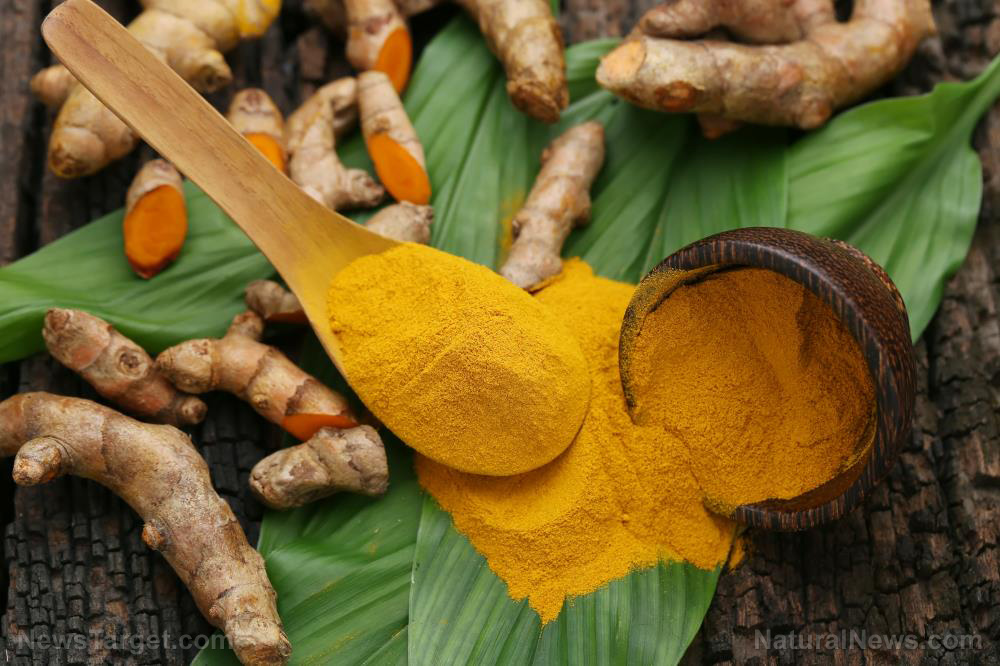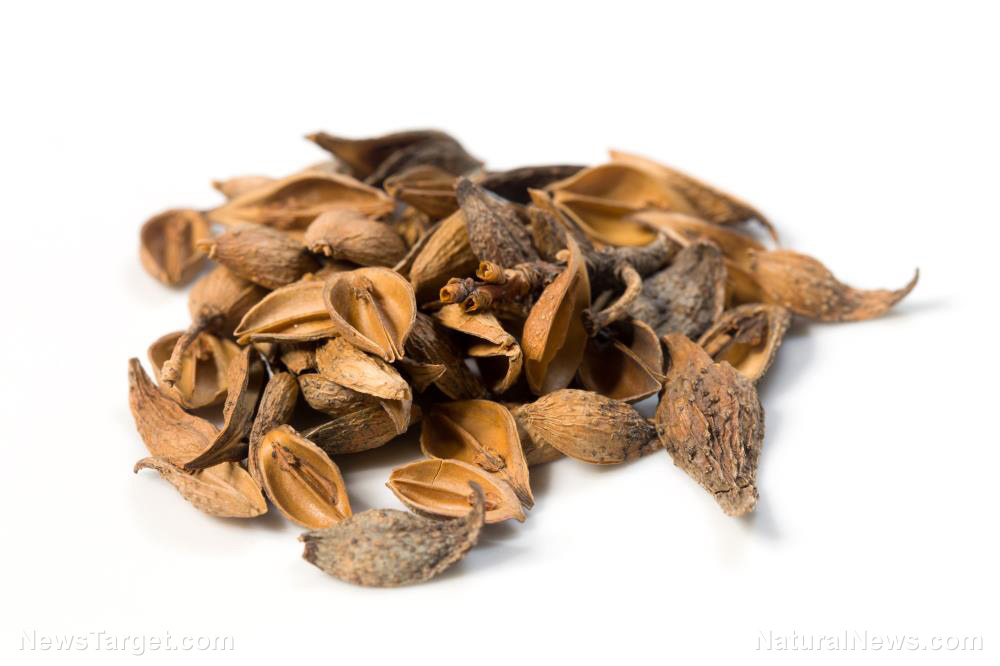Got a cold? Take 8,000 mg of vitamin C
08/24/2018 / By Frances Bloomfield

Vitamin C may hold the key to recovering from the common cold, one study finds. A researcher from the University of Helsinki, Finland, has discovered that high dosages of vitamin C can lead to reduced duration of the common cold. Also known as ascorbic acid, vitamin C is known to alleviate and prevent infection from bacteria and viruses among different species of animals. The practical effects on human infections appear similar to that in animal studies.
Dr. Harri Hemilä, author of the study published by the Multidisciplinary Digital Publishing Institute, studied the findings of two randomized trials on the effects of vitamin C doses during the common cold. The first trial gave three grams (3,000 mg) of vitamin C a day to two study groups, six grams (6,000 mg) a day to a third group, and placebo to a fourth group. By the end of the trial, it was found that the group that took six grams of vitamin C a day had their colds shortened by 17 percent. The second trial gave four grams (4,000 mg) and eight grams (8,000 mg) of vitamin C, and placebo to the remaining groups on the first day of the cold. The group that had been administered eight grams of vitamin C had colds that decreased by 19 percent.
From this, Hemilä concluded that there is a correlation between vitamin C doses and the positive response in participants. “Given the strong evidence that regularly administered vitamin C shortens and alleviates common cold symptoms, it seems plausible that vitamin C might also alleviate complications of the common cold,” stated Hemilä.
In an article in Science Daily, Hemilä had gone on to state that, “Self-dosing of vitamin C must be started as soon as possible after the onset of common cold symptoms to be most effective.” Additionally, Hemilä asserted a need for therapeutic trials to examine the dose-response relation in greater doses of vitamin C.
The other benefits of vitamin C
More than just the enhancing the immune system against the common cold, vitamin C has other beneficial effects on the body. Vitamin C prevents scurvy, a disease where bones, connective tissues and blood vessels with collagen become weak. The vitamin has also been shown to reduce the risk of cancer and cardiovascular diseases, including hypertension.
Those who have cataracts, have difficulty controlling their asthma, or suffer from lead toxicity can turn to vitamin C for reduced symptoms. Better mood and more effective wound repair have also been connected with vitamin C, reports Organic Facts. Supplements of vitamin C have also been used in the treatment of vasodilation, or the dilatation of blood vessels to decrease blood pressure.
How to get vitamin C
The human body can’t generate its own vitamin C, so taking vitamin C-rich foods and supplements are necessary. Citrus fruits are among the most important sources of vitamin C and include fruits like oranges, strawberries, and raspberries. Green, leafy vegetables such as spinach, cabbages, and cauliflower are also abundant in vitamin C. Other vegetables include broccoli, kohlrabi, Brussels sprouts, and bell peppers. Increasing the consumption of fermented foods like cultured vegetables is one way to get more vitamin C, says Body Ecology.
If you ever feel like you’re about to come down with something, up your intake of vitamin C. It’s an effective and safe nutrient that strengthens your body’s resistance against infection.
You can learn more about how to take care of yourself when you’ve been afflicted with the common cold by visiting Influenza.news.
Sources include:
Tagged Under: alternative medicine, common cold, disease prevention, natural cures, natural food, natural remedies, Natural Treatments, vitamin C
RECENT NEWS & ARTICLES
COPYRIGHT © 2017 ALTERNATIVE MEDICINE NEWS




















